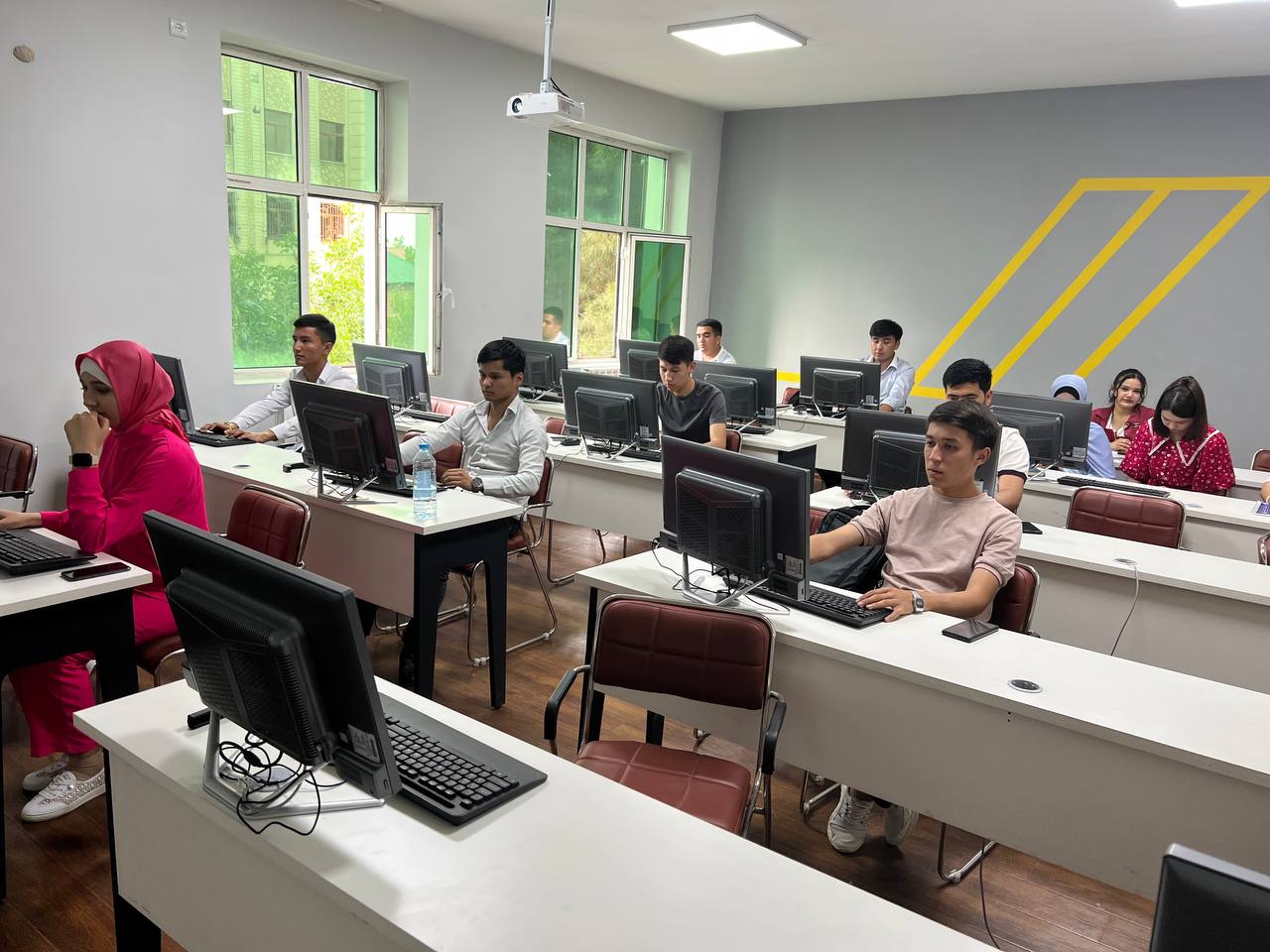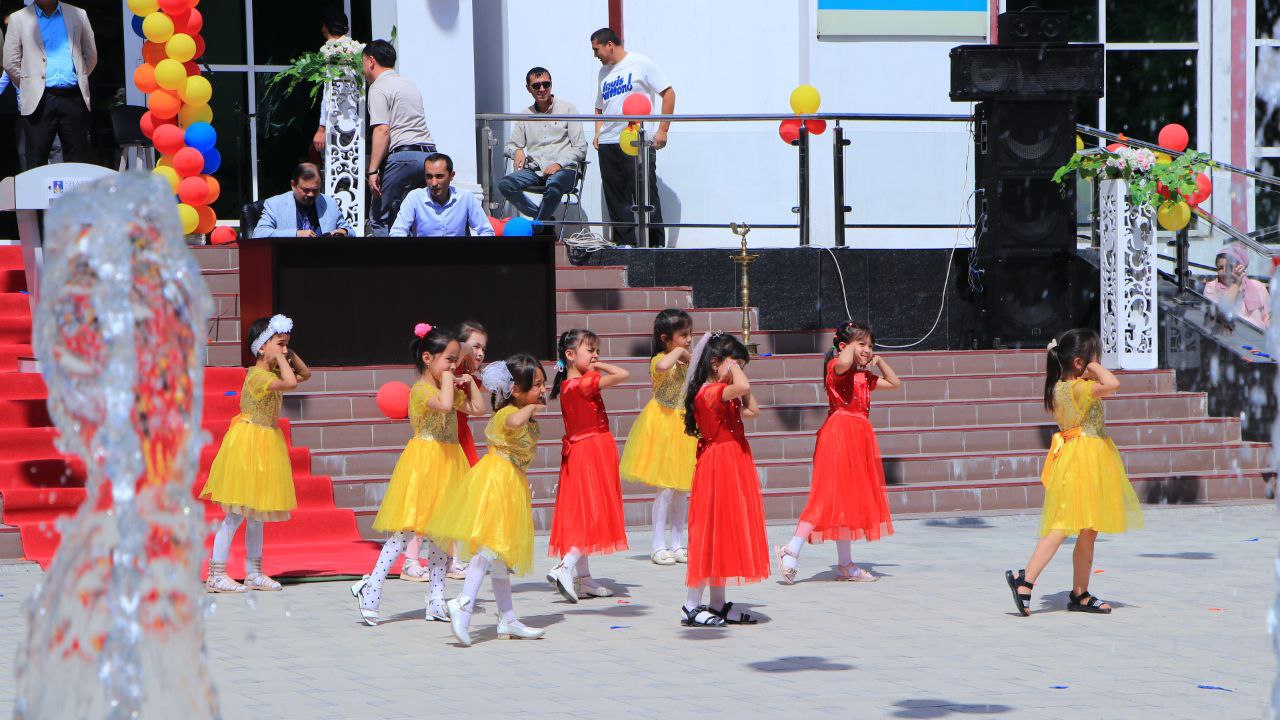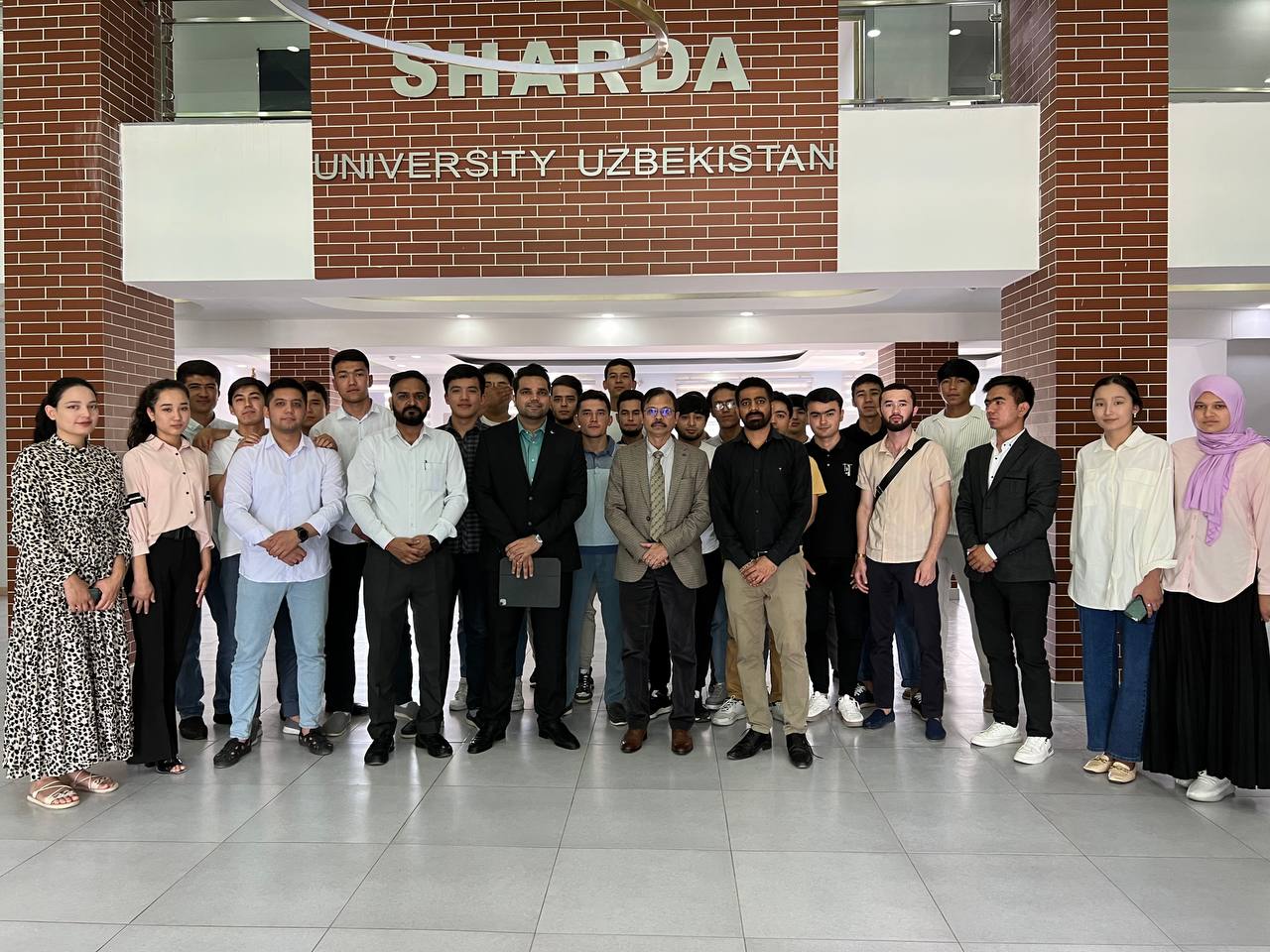Overview
The Faculty of Engineering and technology is an open platform for diverse voices where teaching runs parallel to the real world and students are groomed to join the global workforce. Faculty of Engineering and technology is distinguished as one of the top-ranked engineering schools in Uzbekistan. The students at Faculty of Engineering and technology benefit through the professional grooming of renowned faculty and industry experts having experience of tackling pressing engineering problems. Students discover their passion in one of the various offered Engineering majors at the Faculty of Engineering and technology.
A student-centric pedagogy, project-based approach and design-driven curriculum provides students with an inclination for complex problem solving, design, innovation, and a passion for learning.
The mission of the Faculty of Engineering and technology through its various programmes is to educate well-integrated individuals who possess technical and social competence to succeed in professional arenas and design solutions for global problems.
Programmes
Key Highlights
- Engineering and technology students with good academic standing get an opportunity to participate in a full-time internship semester or summer away from campus to gain international exposure in four countries – the USA, Germany, Mexico, and Australia.



























